
Airborne and Satellite Investigation of Asian Air Quality
Atmospheric Composition
- 1
- view all deployment datesDeployment
2024-01-29 2024-04-01 - 6
- Platforms
- 8
- Data Products
The Campaign
The Airborne and Satellite Investigation of Asian Air Quality (ASIA-AQ) was an international cooperative project focused on studying the factors influencing local air quality across Asia. Measurements from ASIA-AQ were collected to validate aerosol satellite observations from South Korea’s Geostationary Environment Monitoring Spectrometer (GEMS), the upcoming Multi-Angle Imager for Aerosols (MAIA) sensor, and other low-orbiting satellites. ASIA-AQ conducted one deployment from January to April 2024 across eastern Asia, mainly targeting South Korea, the Philippines, and Thailand. Multiple aircraft, including NASA’s DC-8 and G-III, were equipped with remote sensing and in situ sensors to measure various aerosols and trace gases. In addition, ground-based measurements from Pandora spectrometers, AErosol RObotic NETwork (AERONET), and ozonesondes were collected. ASIA-AQ was funded by NASA’s Tropospheric Composition Program.
N: 40°N
S: 10°N
W: 100°E
E: 130°E
Additional Notes
This investigation was the last deployment of the NASA DC-8 aircraft.
Repositories
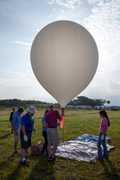
Balloon Launch Site
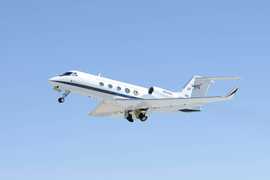
Gulfstream III
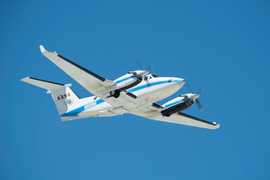
Beechcraft B-200 King Air

Beechcraft B-200 King Air
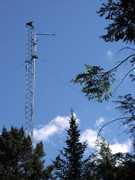
Permanent Land Site

Beechcraft B-200 King Air
R/V Gisang
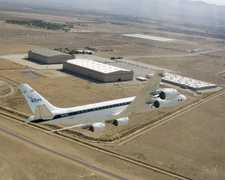
Douglas DC-8
Events
Filter data products from this campaign by specific platforms, instruments, or formats.
